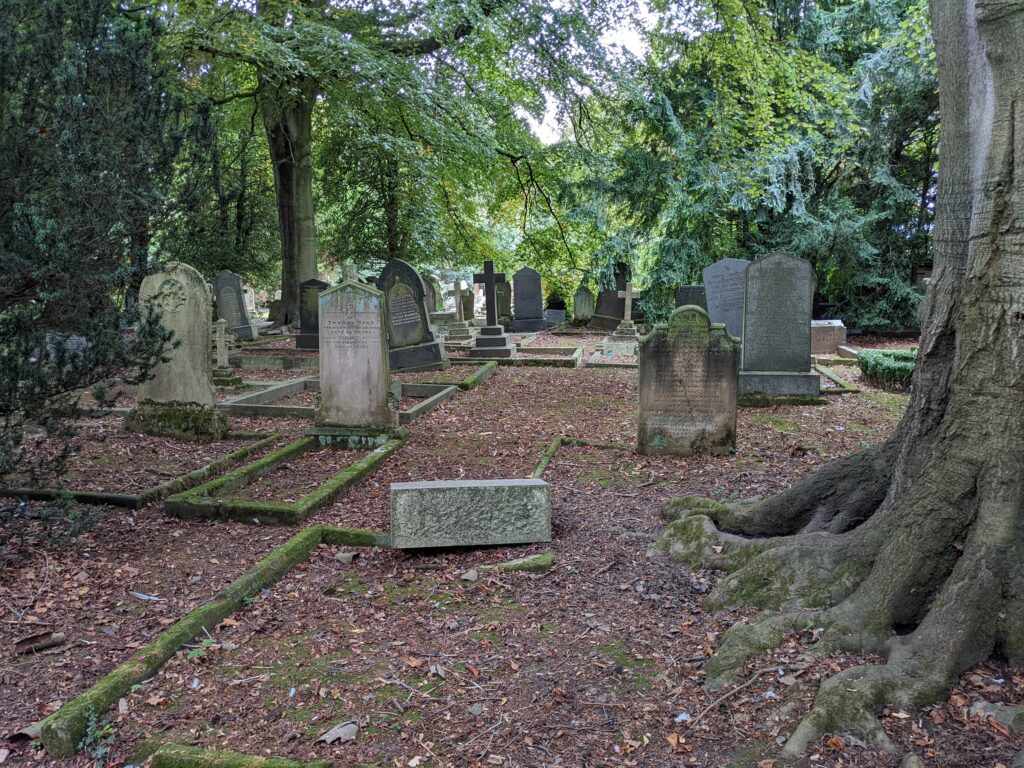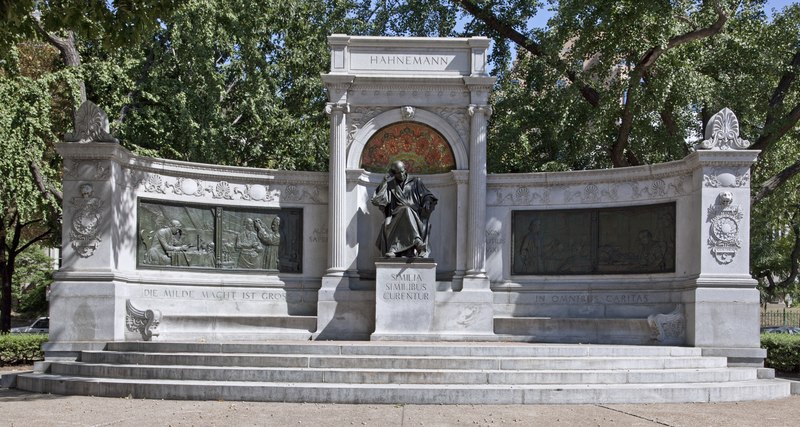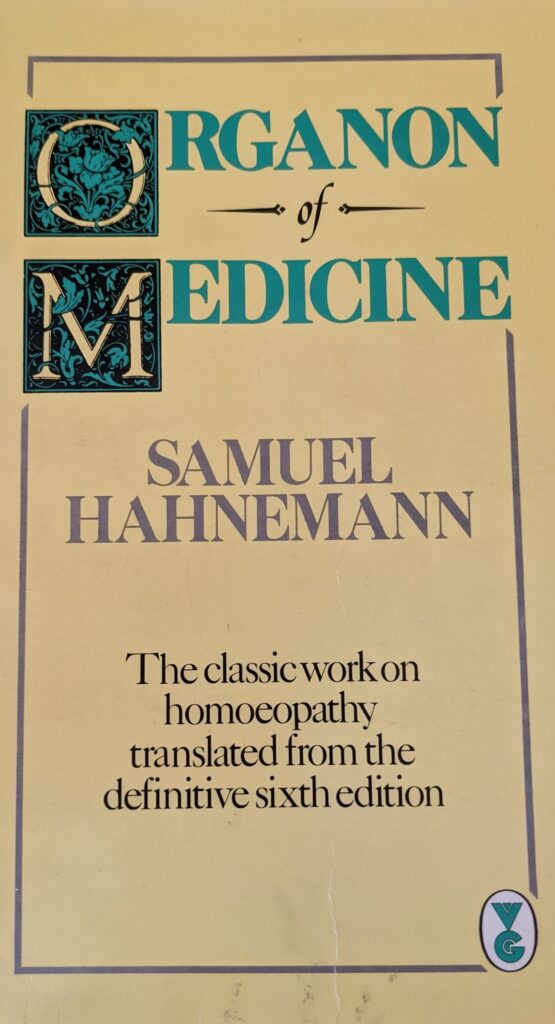This blog is about remembering the past and specifically the benefits of homeopathy.
The thing is we do forget. The eleventh hour of the eleventh day of the eleventh month is soon upon us and it serves indeed as a reminder of past conflicts.
But I suspect for most youngsters the two world wars might as well be the Battle of Hastings or Waterloo, though surviving film footage does resonate across time. My late father served in the western desert and Italy in WW2. Were he alive he would be now 106!

Of course it is not just about conflicts distant in time. I read this weekend the report of a recent train derailment (2001) in Scotland, fortunately without casualties. The investigators found that it had much in common with the 1988 Clapham rail disaster (wiring error) which cost the lives of 35 people.
The late Trevor Kletz, whom I once met in my Chemical Engineering days, wrote many books on the theme of “What went wrong” – to quote one title. It had a sequel, “Still going wrong”, reminding readers of the shortnes of corporate memory.
I recall him quoting a boy on the radio who notably said that “he didn’t have a memory only a ‘forgett-ory'”. Quite.
Alas, we forget the past and consequences follow.

Not all amnesia is entirely accidental. All too often the past is denied; inconvenient truths and wisdom brushed aside. The reasons are mixed, there may be gain (corporate or personal), or maybe just a biased manner of thinking.
Just over a century ago John D Rockefeller and Andrew Carnegie were the equivalent of today’s Bill Gates, Mark Zuckerberg and more. Through their wealth they funded various charitable foundations that had great influence.
I don’t wish to say that they were bad people. Carnegie, whose humble beginnings were in Dunfermline, Scotland funded many public libraries throughout that land and beyond (the link opens with a picture of my local library in Rutherglen, where I was born).
However, what the poweful have is influence to move society in the direction they believe is best. In this towards what we know as western scientific medicine or allopathy (not that homeopathy is unscientific – anything but).
The gentleman was an a academic engaged by the aformentioned to look into medical training in the USA.
Here is a nice summary of his contribution.
Medicine is generally recognised as a balance between art and science. Science today is solely focused on the material world, a subject I have touched on before. However, human beings are more than a bundle of molecules.
There is a growing concern today that the application of science is too narrow and you may care to read the Galileo Report of the Scientific and Medical Network.
The picture below is of a monument located in the centre of Washington D.C. The first monument in that city to a non-US citizen (he was German). Who was this man to get such a grand monument?

Hahnemann (1755-1843) is considered the founding father of homeopathy. A scientist before the term was in general use and polymath (he knew many languages). His medical work was of huge significance. Here is a short summary from the Journal of the Royal Society of Medicine. Yet you wont find mention of him in western medical schools today.
Homeopathy was a major force in America at the start of the twentieth century. It’s demise stems from the influence of Abraham Flexner and his sponsors.
Medicine was set a path to that which we see today. There have been many benefits, but all in the garden is not rosy as the burden of prescription costs to the NHS might attest.
I suggest – well obviously I would! – that we need to look again not just at homeopathy, but naturopathic, and medicine in all its forms practiced throughout the world.
Medical science today is too narrow in its application and the ‘art’ has all but disappeared (though many physicians still recognise the art in what they do).
Hahnemann’s seminal work is the Organon of Medicine, which is still in print. The opening aphorisms shown below speak to us through time. The rest is not bad either – actually, very profound.

Aphorism 1: The physician’s highest calling, his only calling, is to make sick people healthy – to heal as it is termed.
Aphorism 2: The highest ideal of therapy is to restore health rapidly, gently, permanently; to remove and destroy the whole disease in the shortest, surest, least harmful way, according to clearly comprehensible principles.
Dr Samuel Hahnemann, Organon of Medicine